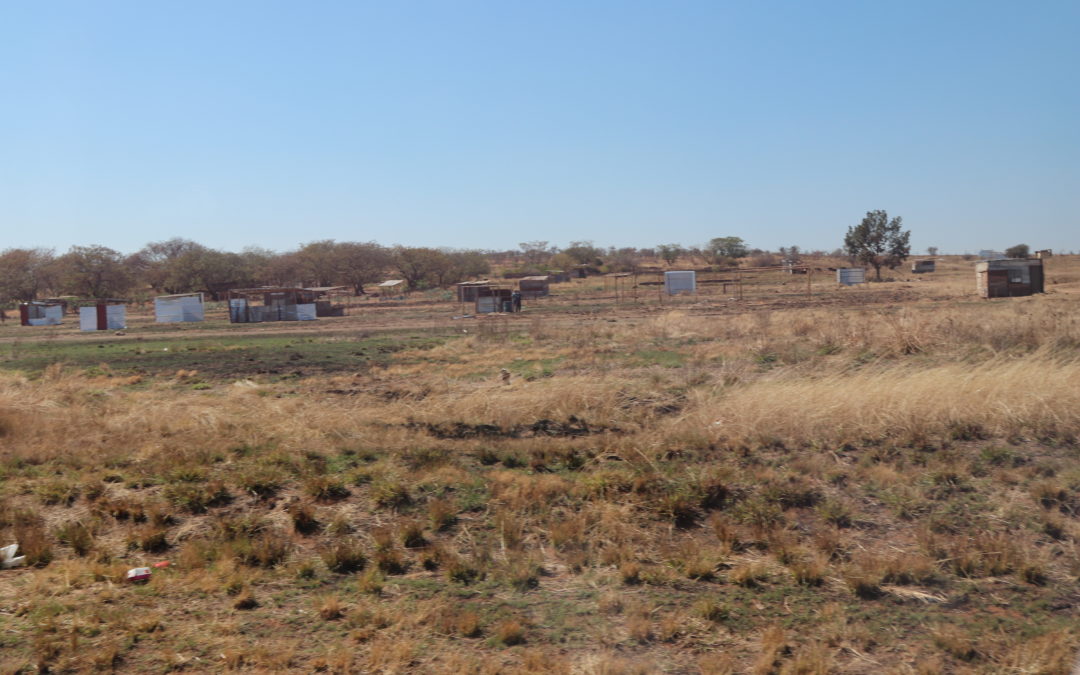The civil rights organisation AfriForum on 28 September 2020 applied to act as amicus curiae (friend of the court) before the Western Cape High Court to argue against the application by the Human Rights Commission (HRC), the EFF and other applicants to have certain common-law remedies against land occupiers declared invalid.
The application is against the Cape Town Metro, the Minister of Human Settlements, Water and Sanitation, the Minister of Cooperative Governance and Traditional Affairs, as well as the National Police Commissioner. The first part of the EFF and HRC’s application has already been heard on 25 August 2020, on which occasion the Court ruled that the Metro is prohibited from destroying any settlement or from removing people from land while the country is in a state of disaster, unless the Metro obtains a court order. If such an eviction is indeed executed in terms of a court order, this must be done in a manner which respects the dignity of the affected people, while keeping their properties safe. The Metro was also ordered to return the building material, as well as to pay R2 000 to every affected person. The Metro has already indicated that it would appeal the ruling.
The second part of the application (to which AfriForum’s application today applies) will be heard on 7 October. Should this application succeed, the common-law remedies of contra-spolie would be declared invalid and unconstitutional in as far as it provides for the demolishing of homes, whether occupied or not. This would further mean that victims of land occupations would have to obtain four court orders (at applicable costs) in terms of the Prevention of Illegal Eviction from and Unlawful Occupation of Land Act 19 of 1998 before occupants can be evicted from the land. The application also aims to declare the demolishing of certain homes by the Metro without a court order illegal, invalid and unreconcilable with the Constitution.
AfriForum will argue in Court that the provisions of the PIE only come into effect when the land was occupied illegally, and the occupants live permanently on the land. The normal common-law remedies must therefore still apply in cases where illegal structures are in the process of being erected, or where these structures are not yet inhabited.
“Land occupation is not only a threat to property rights, but also to the rule of law and general stability in the country. Individuals cannot be allowed to evade the law in this manner. No-one must be allowed to benefit from any form of criminal activity in any way. This is what we will have achieved by this application, if it succeeds,” says Ernst Roets, Head of Policy and Action at AfriForum.
AfriForum’s locus standi is based on Section 38 of the Constitution, as the organisation acts in the interest of its members and the public. “AfriForum campaigns for the protection of property rights, and because urgent eviction orders in terms of the PIE are not easily granted, this application will, according to us, unnecessarily violate the rights of legal landowners. Even if an urgent eviction order is granted in terms of the PIE, it must be followed by a second urgent eviction application. In the end, it compels a landowner to obtain four court applications at a great cost. In the case of large evictions, private contractors are enlisted at a great cost to assist the Sheriff. These unnecessary costs in cases where common-law remedies could have been applied place a further burden on landowners to protect their land against criminals,” Roets concludes.


